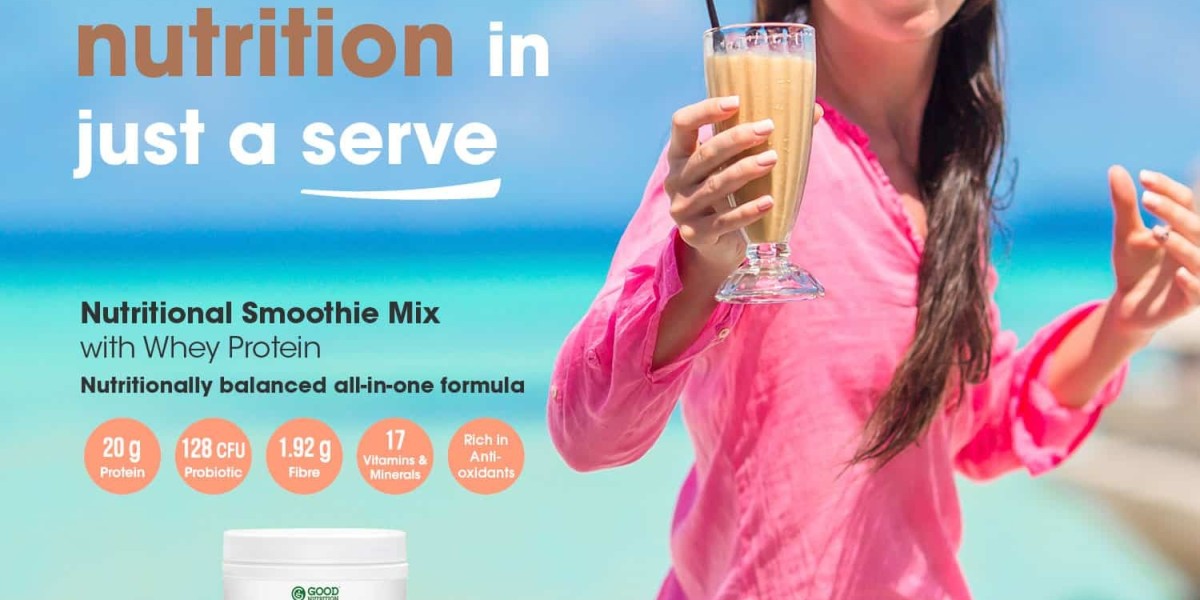Whey protein has long been a staple in the diets of fitness enthusiasts and athletes for its remarkable benefits in muscle building and recovery. However, when it comes to women, several myths and misconceptions have created unnecessary hesitation around its use. In this blog, we will address these myths, provide evidence-based information, and highlight the numerous benefits of whey protein for women.
Myth 1: Whey Protein Will Make Women Bulky
One of the most pervasive myths is that consuming whey protein will lead to bulky, masculine muscles in women. This misconception stems from the idea that protein alone is responsible for muscle hypertrophy.
Reality: Building substantial muscle mass requires a combination of high-intensity strength training, a caloric surplus, and, in some cases, specific genetic predispositions. Women generally have lower levels of testosterone, the hormone largely responsible for muscle growth, compared to men. Thus, whey protein helps in lean muscle development and toning rather than making women bulky.
Myth 2: Protein Supplements Are Only for Bodybuilders
Many women believe that protein supplements are meant only for bodybuilders or those with highly rigorous fitness regimes.
Reality: Protein is a macronutrient essential for everyone, not just bodybuilders. It plays a crucial role in repairing tissues, producing enzymes and hormones, and supporting overall health. For women who engage in any form of physical activity, whether it's yoga, pilates, running, or weight training, whey protein can help in recovery and muscle maintenance.
Myth 3: Whey Protein Is Unhealthy
There is a misconception that protein supplements are artificial and unhealthy, filled with chemicals and additives.
Reality: High-quality whey protein is derived from milk during the cheese-making process and is a natural product. It's important to choose reputable brands that provide pure, minimally processed whey protein without harmful additives. Always check labels for third-party testing and certification to ensure safety and quality.
Benefits of Whey Protein for Women
1. Supports Muscle Recovery and Growth
Women who engage in any form of exercise can benefit from the muscle-repairing properties of whey protein. Consuming whey protein post-workout provides the body with essential amino acids, particularly Branched-Chain Amino Acids (BCAAs), which aid in muscle recovery and reduce soreness.
2. Promotes Weight Management
Whey protein can aid in Weight Management Supplements by promoting satiety. Protein-rich meals and snacks help reduce hunger and prevent overeating, making it easier to maintain a healthy weight. Additionally, whey protein can support muscle preservation during weight loss, ensuring that the weight lost is primarily fat.
3. Boosts Metabolism
Protein has a higher thermic effect compared to fats and carbohydrates, meaning the body burns more calories digesting and metabolizing protein. Including whey protein in your diet can slightly boost metabolism and enhance fat loss efforts.
4. Supports Immune Function
Whey protein is rich in immunoglobulins and lactoferrin, which support immune health. Regular consumption of whey protein can strengthen the immune system, helping the body fend off infections and illnesses.
5. Improves Skin Health
Whey protein contains amino acids like glycine and proline, which are essential for collagen production. Collagen is crucial for maintaining skin elasticity and preventing signs of aging. Consuming whey protein can contribute to healthier, more youthful-looking skin.
How to Incorporate Whey Protein into Your Diet
1. Post-Workout Shake
The most common and effective way to consume whey protein is in a post-workout shake. Mix a scoop of Best Whey Protein Powder with water or milk and drink it within 30 minutes after exercising to maximize muscle recovery.
2. Smoothies
Add whey protein to your favorite smoothie recipes. Combine it with fruits, vegetables, and a source of healthy fats like nut butter or seeds for a nutritious and satisfying meal or snack.
3. Baking
You can incorporate whey protein into baked goods like muffins, pancakes, and protein bars. This is a great way to enjoy your favorite treats while boosting their protein content.
4. Yogurt and Oatmeal
Stir a scoop of whey protein into yogurt or oatmeal for a protein-packed breakfast or snack. This can help keep you full and energized throughout the day.
Choosing the Right Whey Protein
When selecting a whey protein supplement, consider the following factors:
1. Type of Whey Protein
- Whey Protein Concentrate (WPC): Contains some fat and lactose, and typically has a protein content of around 70-80%. It is a good option for most women and is usually more affordable.
- Whey Protein Isolate (WPI): Contains little to no fat or lactose, with a protein content of 90% or higher. It is suitable for women who are lactose intolerant or prefer a higher protein content per serving.
- Whey Protein Hydrolysate (WPH): Pre-digested for faster absorption and often used in medical protein supplements and infant formulas. It can be more expensive and is usually not necessary for the average consumer.
2. Quality and Purity
Look for whey protein products that are free from artificial additives, sweeteners, and fillers. Check for third-party testing and certifications to ensure the product's quality and safety.
3. Flavor and Taste
Choose a flavor that you enjoy, as this will make it easier to incorporate whey protein into your daily routine. Many brands offer a variety of flavors like chocolate, vanilla, and strawberry.
4. Brand Reputation
Purchase from reputable brands with positive reviews and a history of producing high-quality supplements. Research the brand’s sourcing and manufacturing processes to ensure transparency and trustworthiness.
Practical Tips for Women
1. Start with Small Amounts
If you’re new to whey protein, start with a small amount to see how your body reacts. Gradually increase the serving size as you become more comfortable with it.
2. Combine with a Balanced Diet
While whey protein can be a convenient source of protein, it should not replace whole foods. Ensure your diet includes a variety of protein sources, such as lean meats, fish, eggs, dairy, legumes, and nuts.
3. Stay Hydrated
Protein metabolism requires adequate hydration. Drink plenty of water throughout the day to support your body's processing of whey protein.
4. Monitor Your Progress
Keep track of how your body responds to whey protein. Monitor changes in muscle tone, energy levels, and overall well-being. Adjust your intake as needed based on your fitness goals and dietary requirements.
Conclusion
Whey protein is a versatile and beneficial supplement for women, helping to support muscle recovery, weight management, metabolism, immune function, and skin health. By debunking common myths and embracing the science-backed benefits of whey protein, women can confidently incorporate this powerful nutrient into their diets. Whether you're a seasoned athlete or just starting your fitness journey, whey protein can be a valuable ally in achieving your health and wellness goals.








